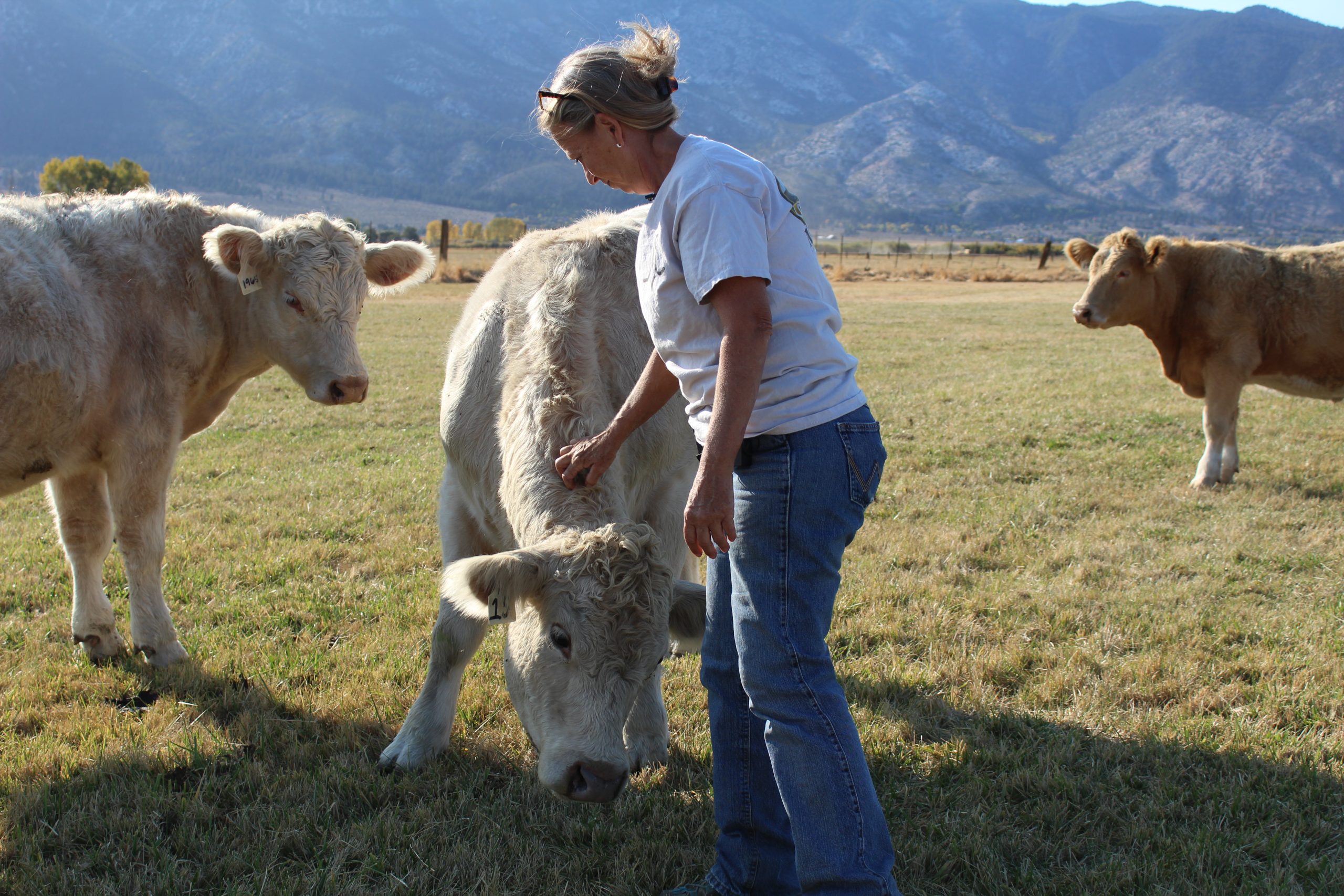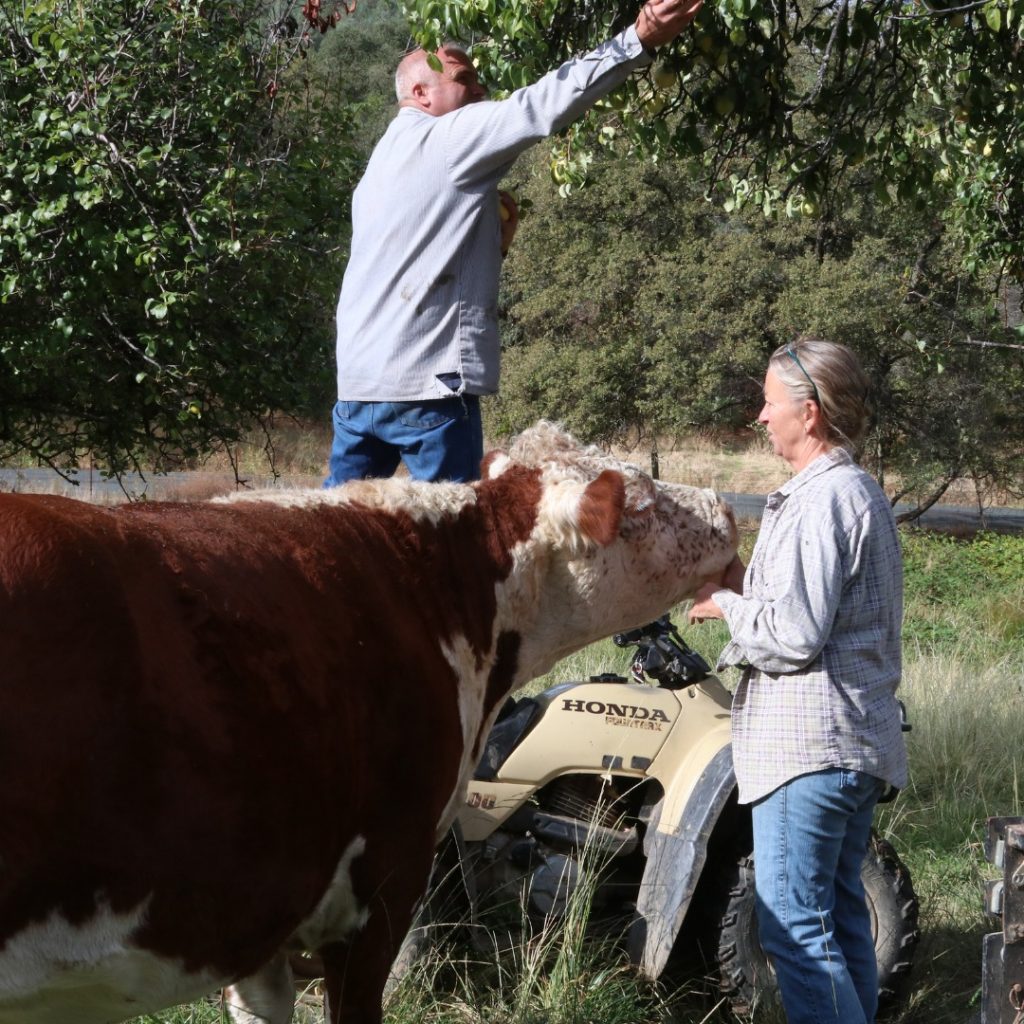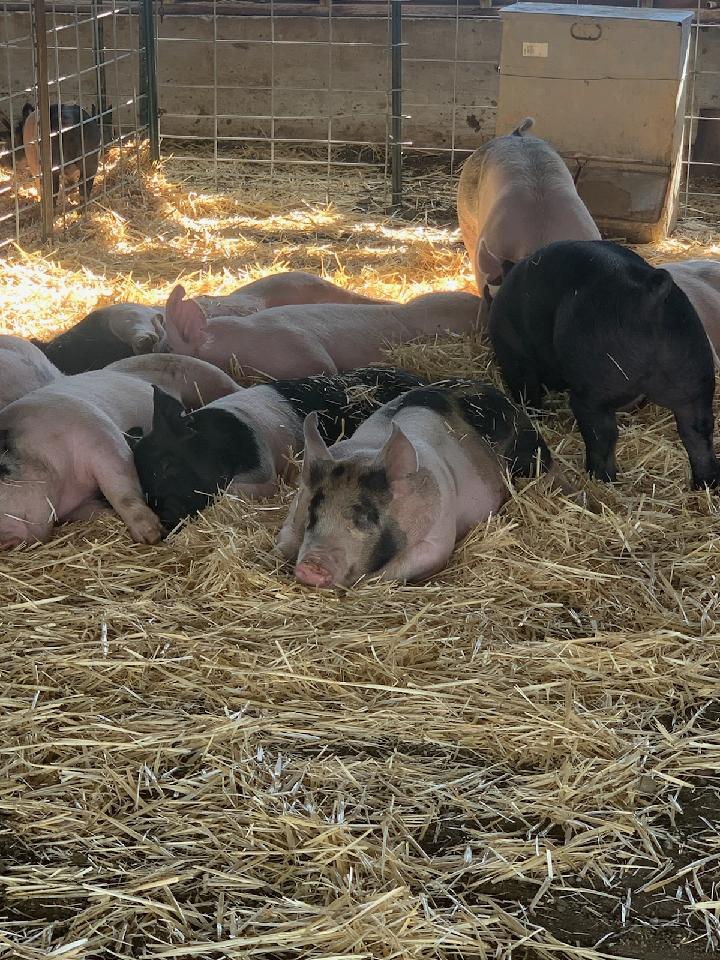
The Farm-To-Table Movement
Meat is a great source of protein that can be filled with many vitamins, antioxidants, and other nutrients, along with filling up our bellies and delighting our tastebuds! But did you know that pasture-raised protein straight from the farm can have healthier benefits compared to the meat you buy at the grocery store? Read along to discover how farm-raised beef, pork, and lamb can be better for your overall health!
Grass-fed vs Grain-fed beef
Most cattle raised across the country, especially in CAFOs (concentrated animal feeding operations), are fed a diet of soy and corn-based grains, along with antibiotics and hormones to accelerate their growth. This diet directly impacts the beef that is produced, as the meat tends to contain more saturated fat and fewer amounts of nutrients like vitamin E, B vitamins, calcium, and potassium. This is the beef that is produced for grocery stores across the country, as the cattle are less expensive to raise and less expensive to buy. And, CAFOs smell bad!

Grass-fed beef is typically leaner, making it more heart-healthy than grain-fed and contains higher levels of vitamin A, and vitamin B, and can have up to 5 times more omega-3 fatty acids than grain-fed beef. This meat is also rich in antioxidants, which can reduce the risk of many diseases. Grass-fed doesn’t always mean pasture-raised, unfortunately, so do some research on what meat products you purchase if pasture-raised beef is important to you. Grass-fed beef does tend to be more costly, as it’s more expensive and time-consuming to raise the cattle. At Carson Valley Meats, our beef are raised on the rich grasses and alfalfa we grow on our pastures in Gardnerville and Newcastle. And sometimes, they get pears!
Ranch-Raised Pork
It comes as no surprise that pasture-raised pigs produce healthier pork compared to commercially raised pigs, just like beef! The open fields, sunlight, and access to natural sources of food and foliage (‘cause let’s face it, pigs eat anything they can get their snouts on) all help produce healthier meat cuts.

Pasture-raised pork is particularly rich in vitamin D, due to naturally producing vitamin D in their skin just like humans do and can contain up to twice as much vitamin E than commercially raised pigs. They also contain selenium, which is great for thyroid health.
Commercially raised pigs can be exposed to antibiotics to treat infections and a feed additive called ractopamine, which is banned in countries across the globe. They also see less amount of space and rarely see the sun outside of their small pens. A happy pig is a healthy pig, which in turn creates healthier meat for us!
Grass-finished vs Grain-finished lamb
The grass vs grain debate for lamb consists of what they eat throughout the entirety of their lifespan. Grass-fed lamb can include lamb that has been grain-finished because the lamb grazed on grass for most of its life. If you want to ensure that your lamb is only grass-fed, the more appropriate label you would look for on packaging labels would be grass-finished. This ensures the commitment to a grass-fed diet.
Even a slight amount of grain can impact the quality of your meat. Grass-finished lamb contains higher levels of omega-3 fatty acids and antioxidants like vitamin E and selenium. They also have a lower fat content, making them a leaner healthier choice.
At Carson Valley Meats, we believe that animals should enjoy the lives and diets they were created to live, happily grazing on farms, rolling around in the mud, and enjoying open pastures and sunshine. It’s no surprise to us that naturally farm-raised meat ensures healthier, tastier meat. Our goal has always been to provide our neighbors with locally sourced meat from animals that have been lovingly raised and humanely processed. We encourage you to read the labels at your local grocery store, or visit our online store to purchase local meat from our farm.
